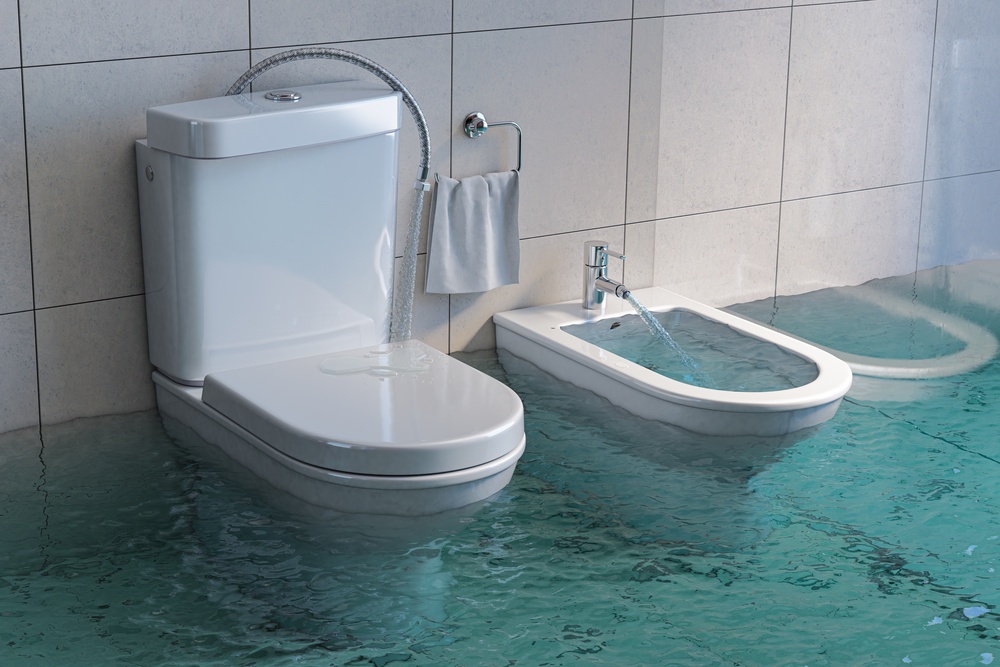Bathroom plumbing issues can be devastating. No one wants an overflowing toilet. On the other hand, your toilet might be fine, but your taps are leaking. The leaks could be minor or severe, but the damage might be to the same extent if the leaks aren't attended to on time.
Once you notice emergency plumbing issues in your bathroom, you shouldn't panic, nor should you ignore them. What starts as a minor issue can soon escalate and cause severe damage. That said, it's vital to take the necessary steps, either by yourself or with the help of an emergency plumber, to correct the issue. Here are some steps you should take once you have emergency plumbing issues in your bathroom:
- Turn Off The Water
The first step you need to take after a plumbing emergency is turning off the water. You want to prevent more water flow that can damage your property. Other than property damage, even the tiniest leak can add up to gallons of water, increasing your water bill.
While you might need to switch off the water from the main water valve, first try turning off the water flowing to the faulty fixture itself. If the water continues leaking after this, you should shut off the main water valve to cut off the water supply. In most cases, the water shut-off valve is located near the water meter for easier accessibility.

- Switch Off The Water Heater
It's always a good idea to turn off your water heater after a plumbing emergency to prevent any damage to the unit. If you have a gas-powered water heater, ensure to turn off the gas before turning it off.
- Drain The Pipes
Your pipes will likely have water even after switching off the main water valve. Turn on an outside tap to get rid of all the water.
- Examine The Situation
After cutting off the water supply, the next step is to examine the situation. Where's the plumbing emergency originating? Are there any visible leaks? Once you identify the plumbing's emergency origin, check the damage extent and take pictures before calling an emergency plumber.
- Stop Small Leaks
It won't hurt if you attend to minor leaks as you wait for the plumber. Use plumber's tape, duct tape, or a bucket to stop the drips. As already stated, minor leaks can also damage your property, and the only thing to prevent that is by attending to them as soon as you notice them. While dealing with the leaks, ensure to take note and inform the plumber so that they can fix the issue professionally.
If your bathroom plumbing issue results from a clogged toilet, try to unclog it with a plunger. An excessively clogged toilet can overflow, causing an awful mess that can be hazardous to health. In such a case, you only need to prevent the overflow before the plumber arrives. If the case is too severe, let the plumber know so that they can prioritize the matter.
- Remove Excess Water
Bathroom plumbing emergencies can include blocked toilets or leaks. If you're dealing with leaks, it's more likely there's water on the floor. In such a case, you should remove the excess water to prevent dampness that can lead to mold growth. It's important to note that once mold develops in your home, it can cause severe health issues for you and the family; hence it should be prevented at all costs. Once you get rid of all the water, use a humidifier to dry the wet areas and wait for your plumber.
Publisher Website: https://goldcoastplumbingexperts.com.au